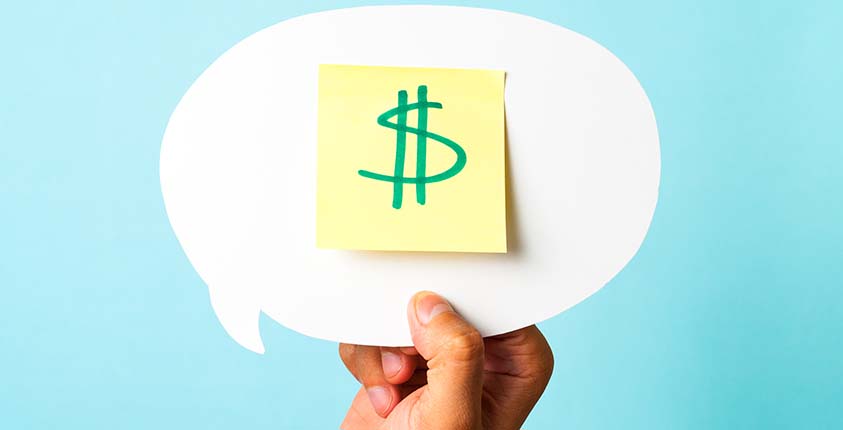The Power of Bootstrapping

I’ve learned a lot from failure. One of the biggest lessons came from one of my earliest businesses.
After a couple years in professional football, with a motley assortment of jobs in the offseason, I wanted to go out and start my own business. I worked with a close friend of mine to think through these potential businesses and put everything together.
We tried a couple different businesses, and then decided we wanted to get into the fast food business. We called it Scrambler’s Village, and it would have everything. Fried chicken, hot dogs, hamburgers, and a whole lot more. My smart lawyer friend talked to me about what we would need, and said, “You know, we need to raise some money for this business. One thing we need to do is go to a bank and raise $50,000.”
I was in my mid-20s, making $30,000 per year in football. I also had a little extra income from speaking, with maybe $10,000 saved up in an account. So I agreed with the plan, and we went to the First National Bank of Atlanta and signed my name to a $50,000 loan to get the business going.
But just one year later, we were out of business. We hadn’t put together a credible plan for Scrambler’s Village. I didn’t know what I was doing, and I was taking advice from my friend who unfortunately didn’t know, either! But what came next woke me up—fast. The bank came to my door—they wanted me to pay the $50,000 loan back! I didn’t have $50,000. I had been thinking about who I was: I was Fran Tarkenton. NFL quarterback. All-American at the University of Georgia. But to the bank, I was just another debtor.
I scraped and I borrowed, and eventually I got the loan paid off. But it taught me a great lesson: If you get a loan from a bank or any other institution, you have to pay them back. If you don’t know how you’re going to pay them back, you don’t need to get that loan. After that experience, I vowed that I wouldn’t let that happen ever again. I wouldn’t start a business with other people’s money or a loan from a bank. I would bootstrap it myself, and figure out how to make the business work.
Here’s why that works: If I have my own money in the venture, I know I have at least enough to get things to some point in the future, however far that may be. While I’m spending my own money, I’m doing everything I can to figure out how to run the business, because every dollar spent is straight out of my own pocket! By the time we’re ready to really grow the business, we know exactly what we’re doing. We have a plan for how to solve a problem for a customer how to create value for something where we’re making a profit. I’m painstakingly looking at our costs of marketing, our costs of delivery. How much can we charge? Is there enough spread between costs and revenue?
50 years later, I still run my businesses that way. To this day, I sign every check in the company. As the bills come in, I know exactly where and how we’re spending every penny. I know our revenue by the day, hour, and minute. That’s how you have a strong grasp of your business. So I advise people, don’t go out right away and raise a bunch of money. Bootstrap it, for as long as you can—until you have figured out how to make it work.
